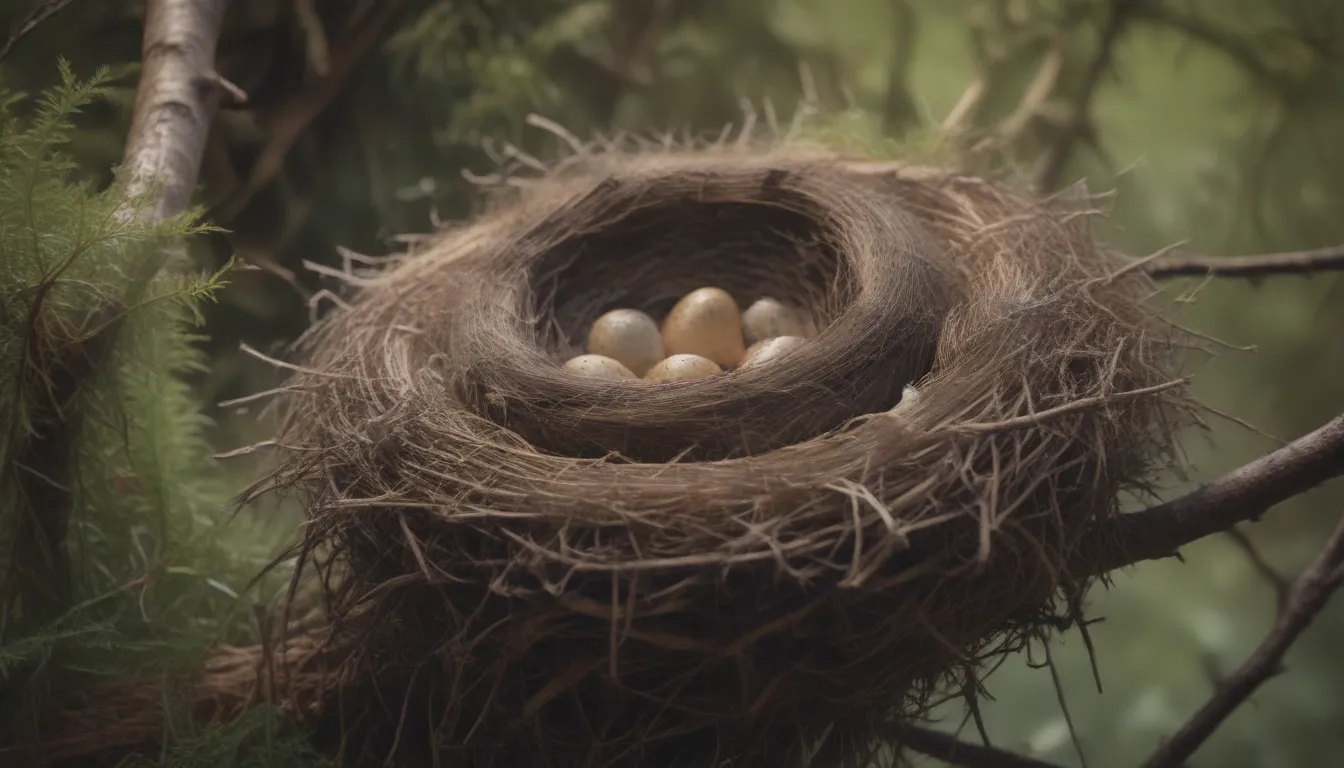Comprehensive Guide to Bird Nest Removal

If you’re a birder or nature enthusiast, chances are you’ve encountered a situation where a bird has built its nest in a less than ideal location. While it may be fascinating to observe nesting birds, there are times when it becomes necessary to remove a bird’s nest for safety reasons. In this comprehensive guide, we will delve into the ins and outs of bird nest removal, covering important legal considerations, when it’s appropriate to remove a nest, and ways to prevent birds from building nests in unwanted areas.
Legal Considerations
Before you even think about removing a bird’s nest, it is crucial to understand the legal implications. In the United States, it is illegal to remove or destroy any active nest from a native bird species, which is defined as a nest with eggs or brooding adults. If the nest has been abandoned or no eggs have been laid, it can be removed without legal repercussions. However, it is important to note that tampering with nests of protected bird species, including migratory birds, can result in hefty fines or penalties. Additionally, it is illegal to keep a nest taken out of a tree or found on the ground without a permit issued by the U.S. Fish and Wildlife Service.
When to Remove Nests
Nests should only be removed once the nesting season has ended, and the birds have moved on. If the birds have built their nests in unsafe locations, it’s best to contact a local wildlife rehabilitation center for guidance. There are instances where nests should never be removed unless wildlife authorities are consulted, such as when the nest contains eggs or young chicks.
Safe Nest Removal
When it is safe and appropriate to remove a bird’s nest, it is essential to do so with care. Proper removal ensures minimal disturbance to the birds and their environment. Some key steps to follow when removing a bird nest include:
- Approach the nest calmly and quietly to avoid startling the birds.
- Gently remove the nest and any remaining debris.
- Dispose of the nest material in a suitable location away from the nesting area.
Preventing Birds From Rebuilding Nests
If you have removed a bird’s nest and want to prevent birds from rebuilding in the same area, there are effective deterrents you can use. Some methods to deter birds from nesting in unwanted areas include:
- Changing the shape of the surface where the nest was constructed.
- Installing slanted boards or spikes to make the area less welcoming.
- Placing decoys such as carved cats, snakes, or owls near the nesting site to create the illusion of danger.
- Providing alternative nesting options by building or erecting birdhouses in more suitable locations.
Interesting Bird Nest Facts
Did you know that some bird species reuse old nests, while others prefer to build new ones each nesting season? Here are some fascinating facts about bird nests:
- Raptors and herons are known to reuse old nests, while most other bird species build new nests each year.
- Some birds may reuse nesting material from abandoned nests to construct new ones.
- Parent birds have a poor sense of smell and primarily identify their young by appearance and sound.
- In some bird species, parent birds may kick their chicks out of the nest before they can fly, a behavior known as “branching.”
Additional Resources
For more information on bird nests and wildlife conservation, check out these resources:
- United States Fish & Wildlife Service: Bird Nests – What You Need To Know
- The Cornell Lab of Ornithology: Managing House Sparrows and European Starlings
- Mass. Audubon: Common Bird Diseases and Parasites
- National Audubon Society: Why Some Songbirds Kick Their Chicks Out Before They Can Fly
- The Cornell Lab of Ornithology: Myths and FAQs About Nests
In conclusion, while bird nest removal may be necessary at times, it is essential to approach the situation with caution and respect for the wildlife involved. By understanding the legal considerations, knowing when to remove nests, and taking preventive measures, you can ensure the well-being of both birds and their habitats. Remember to always consult with wildlife authorities or experts when in doubt about bird nest removal.





